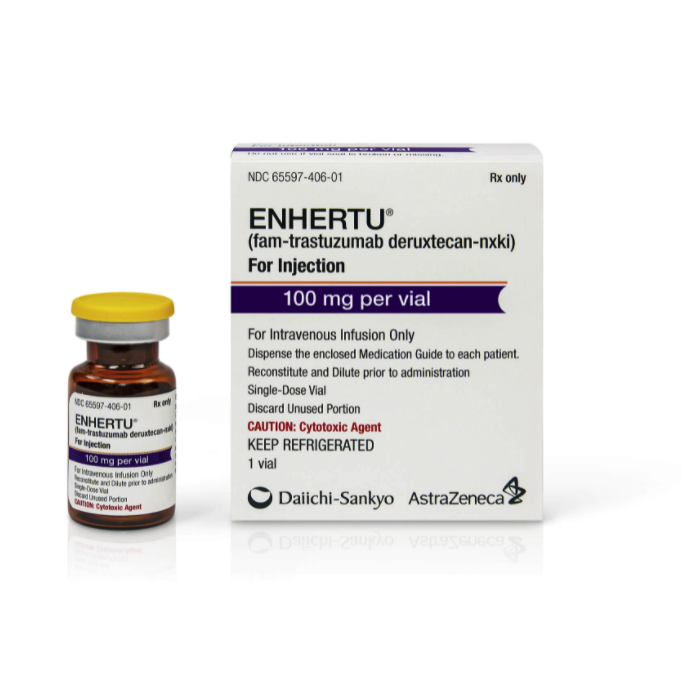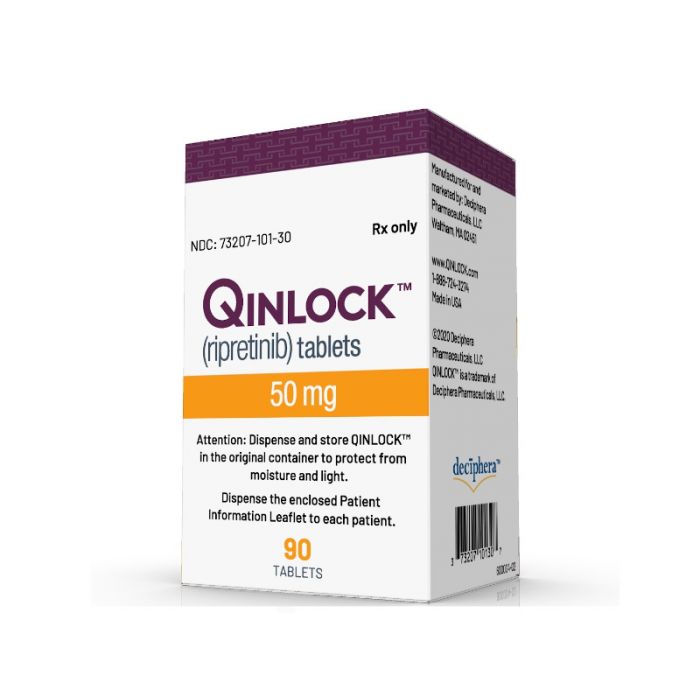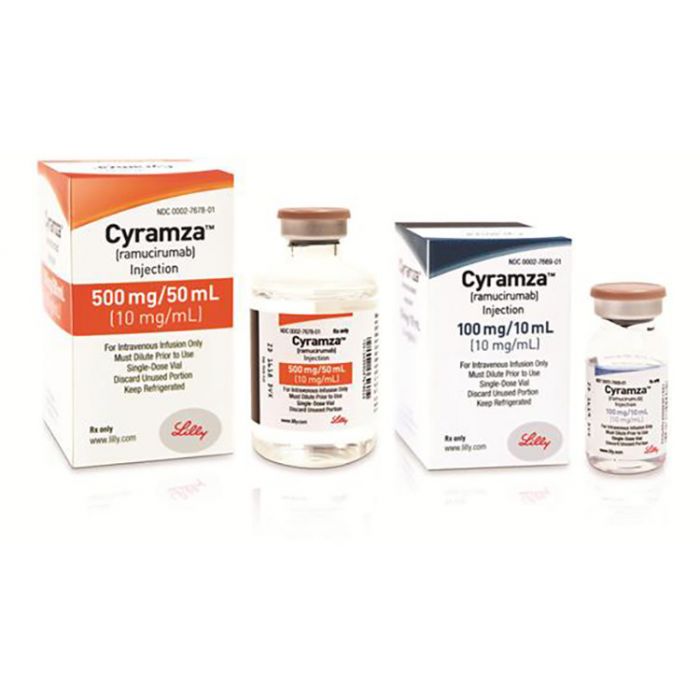New Stomach Cancer Treatments 2022
Last updated: 18 March 2025

You can legally access new medicines, even if they are not approved in your country.
Learn howWhat is Stomach Cancer?
Stomach cancer, or gastric cancer, begins when cells in the stomach start to grow out of control. It can affect any part of the stomach. The most common type is adenocarcinoma, which starts in the innermost lining of the stomach (the mucosa). Gastric cancer can also develop in the gastroesophageal junction (GEJ), which is where the esophagus joins the stomach. There are other types that start in the middle or outer parts of the stomach, but they are relatively rare. When the stomach cancer returns after treatment or has spread it is called advanced gastric or GEJ cancer.1,2
How is Stomach Cancer treated?
Stomach cancer is often treatable, but it can be difficult to treat. After someone is diagnosed with cancer in the stomach, doctors will determine the stage of the cancer to help determine if it has spread, and if so, how far. It helps to assess how serious the cancer in order to determine how to treat stomach cancer. Stomach cancer treatment options include surgery and chemotherapy. Treatment for gastric cancer also includes radiotherapy, immunotherapy and treatment with targeted medicines.1,2
Is there a cure for Stomach Cancer?
Survival rates are used to indicate what percentage of people with the same type and stage of cancer are still alive a certain amount of time after they were diagnosed. These numbers are based on studies with a large number of patients, so an averaged survival rate cannot predict any one person's prognosis. Some people have their stomach cancer cured, which is most likely to occur when the cancer is found at an early stage. Unfortunately, gastric cancer is most often found when it is more advanced and harder to treat. 2,3
What are new treatments for Stomach Cancer?
There are several approved Stomach Cancer treatments options. Here are some of them:
Enhertu (fam-trastuzumab deruxtecan-nxki)4
Enhertu (fam-trastuzumab deruxtecan-nxki) is a medication used for the treatment of adult patients with advanced HER2+ stomach or GEJ) cancer. It is also used to treat advanced HER2+ breast cancer.4,5
Enhertu (fam-trastuzumab deruxtecan-nxki) was approved to treat gastric or GEJ cancer by:4
- Food and Drug Administration (FDA), USA on 15 January 2020 for patients with previously treated HER2+ metastatic gastric cancer.
- Pharmaceuticals and Medical Devices Agency (PMDA), Japan on 25 September 2020 for the treatment of HER2+ unresectable advanced or recurrent gastric cancer that has progressed after chemotherapy.
Qinlock (ripretinib)6
Qinlock (ripretinib) is a kinase switch control inhibitor indicated for the treatment advanced gastrointestinal stromal tumor (GIST) that has returned or spread in people who have tried but didn’t respond to or stopped responding to three or more types of chemotherapy (fourth-line treatment).6,7
The stomach cancer medication Qinlock (ripretinib) was approved as fourth-line treatment of adults with advanced GIST by:6
- Food and Drug Administration (FDA), USA on May 15, 2020
- Health Canada on June 22, 2020
Cyramza (ramucirumab)8
Cyramza (ramucirumab) is a medication used for the treatment of advanced gastric or GEJ cancer, and certain types of lung, liver and colorectal cancers.8,9
Cyramza (ramucirumab) was approved to treat advanced stomach cancer or GEJ cancer by:8
- Food and Drug Administration (FDA), USA on April 21, 2014.
- European Medicines Agency (EMA) on December 19, 2014.
- Therapeutic Goods Administration (TGA), Australia on July 23, 2015.
- Health Canada on September 21, 2015.
- MedSafe, New Zealand on August 18, 2016.
Keytruda (pembrolizumab)10
Keytruda (pembrolizumab) is an immunotherapy drug used to treat stomach cancer that has returned or spread in people who have tried but didn’t respond to or stopped responding to two or more types of chemotherapy (third-line treatment). It is now approved to treat certain types of stomach, breast, bladder, kidney, lung, liver, skin, head and neck, blood, and solid cancers.10,11
The cancer treating drug Keytruda (pembrolizumab) was approved as third-line treatment for patients with advanced or metastatic gastric or GEJ cancer by: 10
- Food and Drug Administration (FDA), USA on September 22, 2017.
If you are trying to access Stomach Cancer drugs that are approved outside of your country of residence, we might be able to help you access it with the support of your treating doctor. You can read more about the medicines we can help you and your doctor access and about their price below:

Enhertu (fam-trastuzumab deruxtecan-nxki)

Qinlock (ripretinib)

Cyramza (ramucirumab)

Keytruda (pembrolizumab)
Why access and buy treatments for Stomach Cancer with everyone.org?
everyone.org is registered in The Hague with the Dutch Ministry of Health as a pharmaceutical wholesale distributor (registration number 16258 G). We have helped patients from over 85 countries to access thousands of medicines that are not yet approved in their home country, including patients with Stomach Cancer. With a prescription from your treating doctor, you can count on our expert team to safely and legally guide you to access Stomach Cancer drugs. If you or someone you know are looking to access a medicine that is not yet approved where you live, we will support you.
References:
- About Stomach Cancer
- Stomach Cancer
- Stomach Cancer treatment options
- Enhertu (fam-trastuzumab deruxtecan-nxki) - Thesocialmedwork.com
- Enhertu product information sheet [PDF]
- Qinlock (ripretinib) - Thesocialmedwork.com
- Qinlock product information sheet [PDF]
- Cyramza (ramucirumab) - Thesocialmedwork.com
- Cyramza product information sheet [PDF]
- Keytruda (pembrolizumab) - Thesocialmedwork.com
- Keytruda product information sheet [PDF]
Disclaimer: This article is not meant to influence or impact the care provided by your treating physician. Please do not make changes to your treatment without first consulting your healthcare provider. This article is not intended to diagnose or treat illness or to influence treatment decisions. everyone.org is as diligent as possible in compiling and updating the information on this page. However, everyone.org does not guarantee the correctness and completeness of the information provided on this page.








